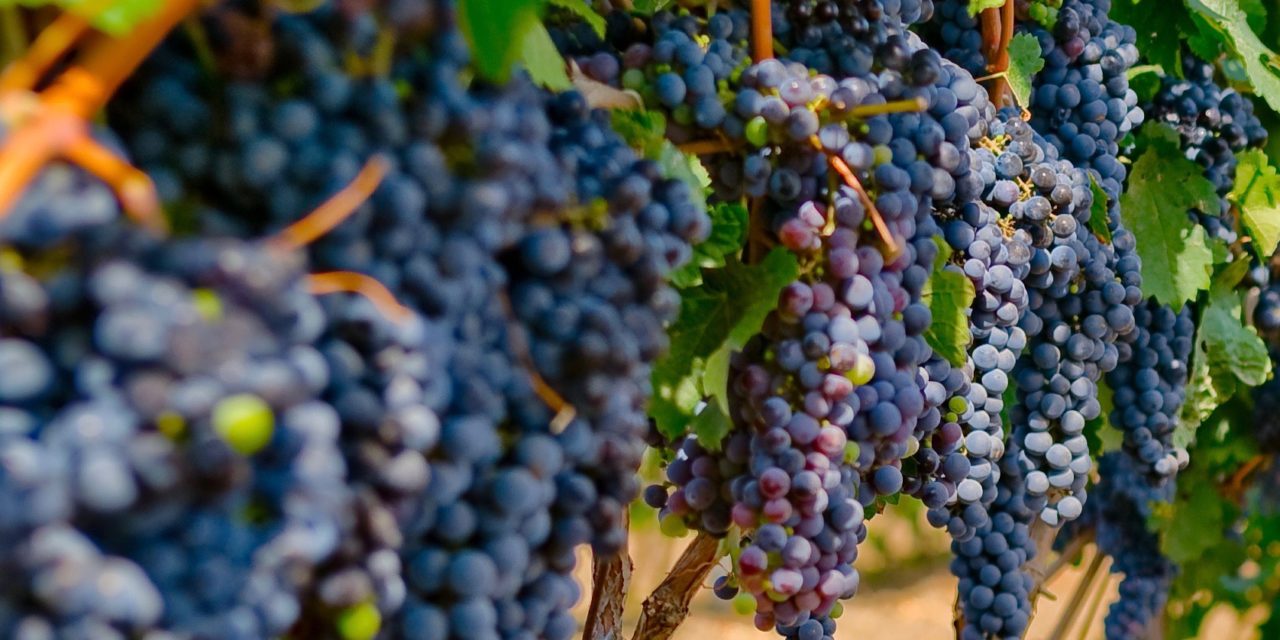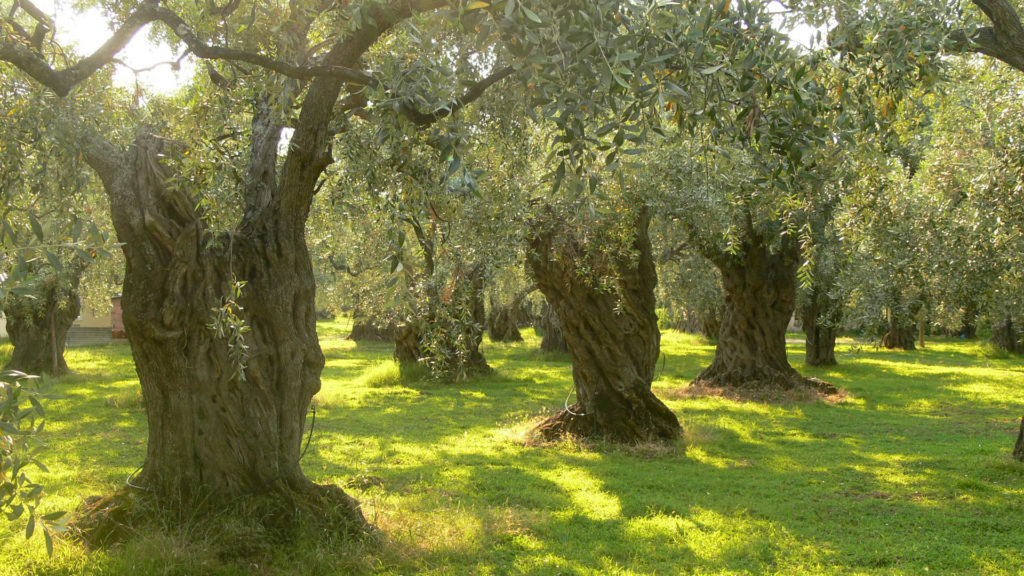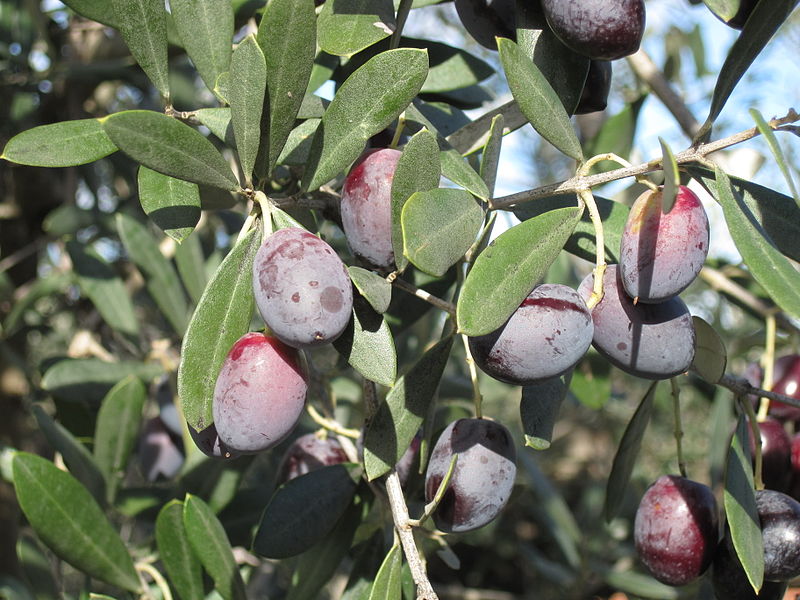It seemed no one wanted to know the mystery of the bitter berries. None understood the value of a seemingly poisonous fruit, because, in fact, eating this bitter berry unprepared made one sick, even unto death. For the rising generation, the village elders provided such wisdom as they had on these matters.
On the outskirts of this prosperous village known for its obedience to God, there was an ancient vineyard, planted on rolling hills. For many a generation, it was the source of sustenance for both young and old. Wheat grew between the rows that the villagers harvested in early summer to make life-sustaining bread. In late summer, they harvested sweet red grapes from thick old vines. Grapes provided fresh fruit in the season, dried raisins all year long, and new wine which gave refreshment on special feast days.
The community was sustained by this means from one generation to the next. The vines were supported by great old trees that seemed to be of ancient origin. No one knew who had planted the trees, but the wisdom was obvious in that the trees provided support for the vines, forming a beautiful canopy, allowing just enough light in spring and early summer to support the wheat that grew sparsely between the rows.
Every season, about the time of the winter solstice, these great trees would drop copious quantities of bitter berries that encumbered the ground. With no apparent value, the berries were not only terrible to the taste, but they also had no value as animal food and were said to be poisonous if one were able to consume more than a handful.
A man who left the village in his youth traveled far and wide and returned in his declining years with a story that the unusual berries had great value; that there was a sacred technique used to extract their value. That, in fact, the very purpose of the vineyard was to grow and harvest these most valuable berries. Both the wheat and grapes that sustained the village were wonderful co-products, enabled by the seasons; but the sacred berries – they were the most valued product, given as a gift from the God of the Harvest, and were prized for their ability to give light, and to heal and cleanse the body.
This assertion made no sense, considering the collective wisdom of the village, their happy condition receiving both bread and wine; young and old alike ignored the old man’s fanciful tales, because their life was good. What need had they for further light… and knowledge?
by D.Gene Taylor, 2017




